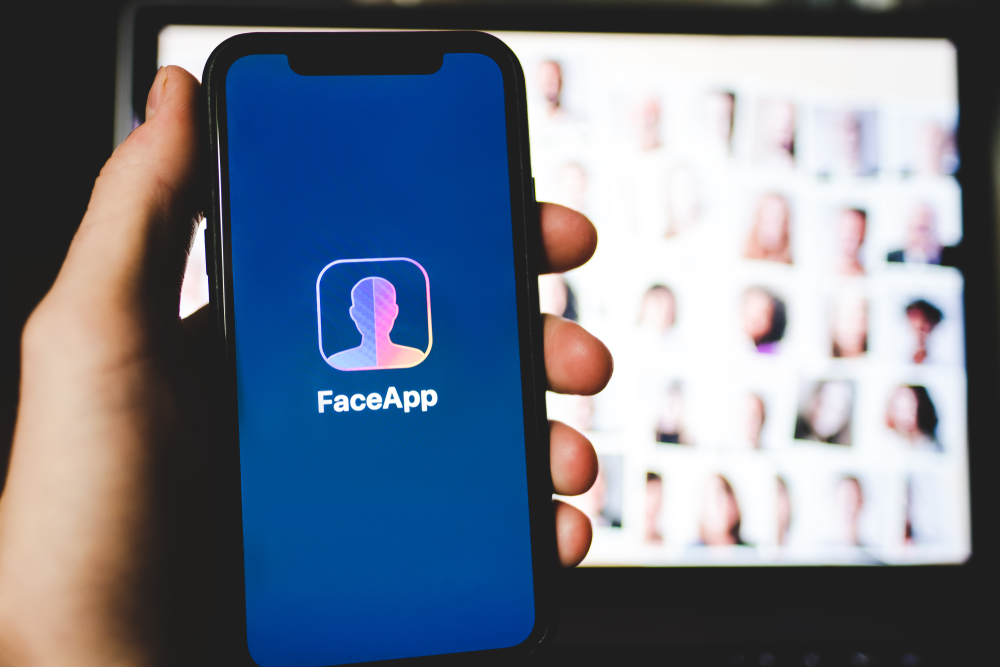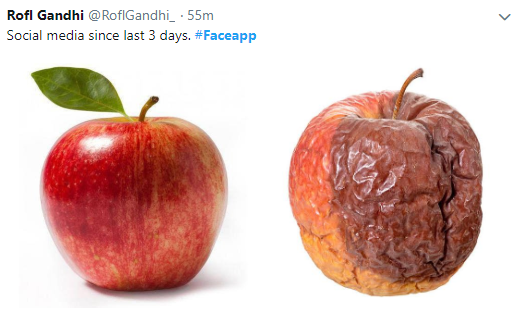The curiosity to take a peek into the future is as old as time itself. The Narcissistic beings that humans are, few things are as alluring to them as the curiosity about their own future self. One only needs to look at the popularity of FaceApp for proof. This application — it has been around since 2017 — is the latest rage on social media for its filter, which allows people to see — and, perhaps more important, to show the world — what they would look like 20 or more years from now. It is also a rather kind application, for it chooses to show the ravages that time and ill health can wreak on just the face, but not the body.
But then curiosity — the eagerness to get a glimpse of the future face in this case — is known to kill the cat. FaceApp has, predictably, thrown up its own share of controversies. There are whispers that this may be yet another Russian conspiracy to gain unfettered access to the personal data of millions of people. Or is it an example of the macabre brilliance of cosmetic companies forever looking to increase the sale of anti-wrinkle creams?
What is truly intriguing though is this public fascination for ageing in a world where trying to stop the march of time is a multi-billion dollar industry. Nearly everybody — technology behemoths of the Silicon Valley, plastic surgeons and the beauty industry — has a finger in the anti-ageing pie. Projects — dubious and respectable — searching for the fountain of youth are a dime a dozen. Little wonder then that the net worth of the global anti-ageing industry is set to reach over 55 billion dollars by 2023. That humans abhor grey hairs has been established by other kinds of numbers as well. An earlier study had shown that 77 per cent of the elderly people across the globe were the subjects of prejudiced behaviour; they were not only the butt of jokes but even doctors were less sympathetic to their medical complaints. India follows the world in this respect. In a nationwide study by HelpAge India, a shocking 35 per cent of respondents confessed that they loathed the idea of having to take care of their aeging parents and in-laws. The reasons for this was primarily the financial burden associated with caring for the aged, a constituency thought to be unproductive economically. Could this projection of the uselessness of the aged be an attempt to realign the established power equations between the old and the young? If it is so, the young carers may not be too pleased with the Economic Survey’s proposal of deferring the age of retirement: the aged, at least the government believes, are still an asset.
Given the general indifference towards old age and its attendant troubles, the allure of a wizened, furrowed face among the youth may seem contradictory. But this too has an explanation. FaceApp’s age filter may be an ingenious trick to conquer time, albeit all too fleetingly. Perhaps the best way to defeat the age demon is to stare it in the face — literally — but only for a few minutes.












